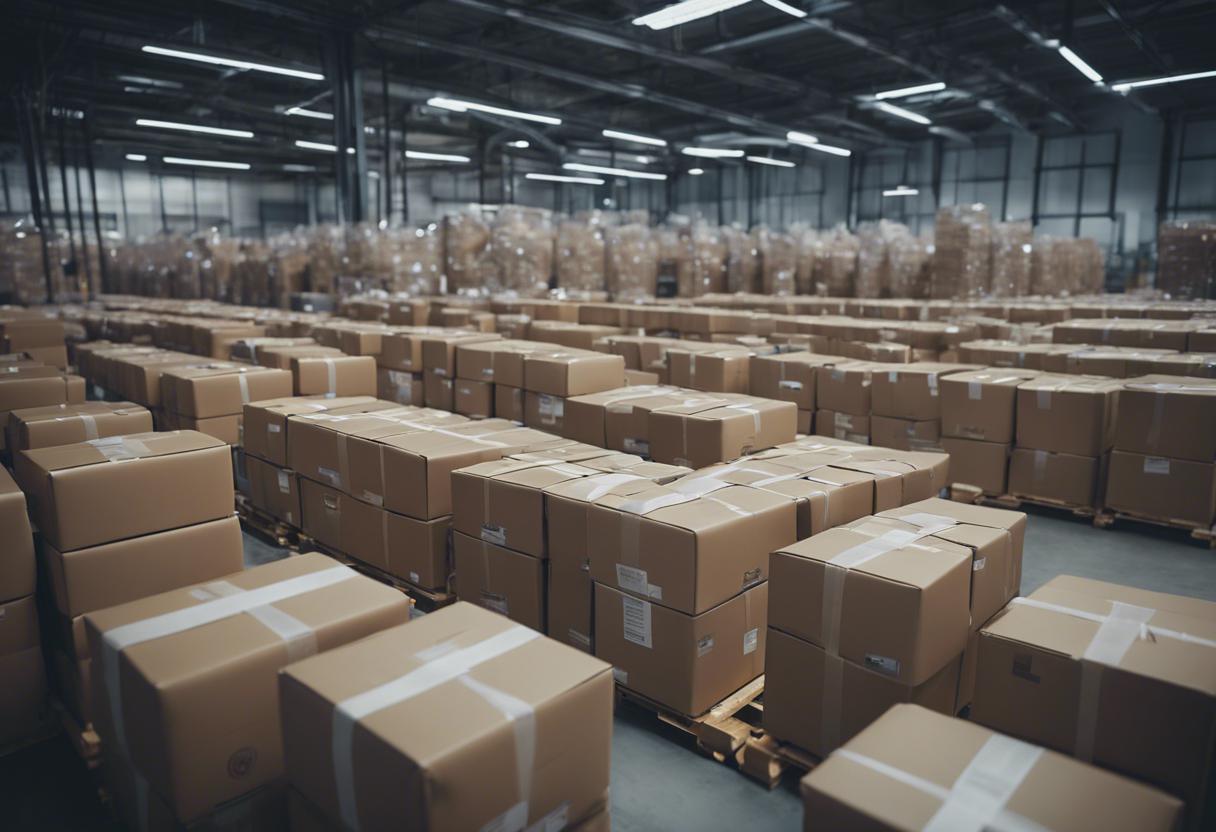E-commerce has revolutionised the world of commerce, providing consumers with a convenient and efficient way to purchase goods and services online. With the recent surge in e-commerce due to the pandemic, logistics has become a crucial aspect in meeting consumer demand. This article explores how advanced technologies, particularly artificial intelligence (AI), are playing a pivotal role in accelerating the delivery process and transforming the logistics industry.
The E-commerce Surge: A Catalyst for Logistical Transformation
Create in seconds:
- Unique and engaging product descriptions
- Emails tailored to your customers’ needs
- Blog posts that grab attention
All with just one click.
The rise of e-commerce has brought about a significant transformation in the field of logistics. With consumers increasingly turning to online shopping for its convenience and safety, the demand for delivery services has skyrocketed. This surge in e-commerce has presented new opportunities for businesses, prompting them to adapt their logistical operations to meet the growing consumer demand. Advanced technologies are being harnessed to enhance stock management, planning, monitoring, and product distribution. Moreover, customization has emerged as a crucial aspect of logistics, as companies strive to provide a unique and personalized experience to their customers. To ensure efficiency and customer satisfaction in this competitive sector, outsourcing traffic office activities has become an effective way to optimize business processes.
Harnessing AI: The Key to Speed and Efficiency in Deliveries
AI is playing a pivotal role in revolutionizing logistics delivery by enhancing speed and efficiency. With the increasing demand for e-commerce deliveries, companies are turning to AI-powered solutions to streamline their operations. AI algorithms can analyze vast amounts of data, including traffic patterns, weather conditions, and customer preferences, to optimize delivery routes and schedules. This not only helps in reducing delivery times but also minimizes fuel consumption and lowers carbon emissions. AI-powered automation also enables real-time tracking and monitoring of shipments, ensuring transparency and accuracy throughout the delivery process. Furthermore, AI can assist in predicting potential disruptions and proactively address them, resulting in improved customer satisfaction. By harnessing AI technologies, logistics companies can meet the growing consumer expectations for faster and more efficient deliveries.
Personalisation and Precision: Tailoring the Future of Logistics
In the evolving world of logistics, personalisation and precision are emerging as key factors in shaping the future of the industry. With the rise of e-commerce, consumers now expect tailored experiences that cater to their individual needs and preferences. Advanced technologies such as artificial intelligence (AI) are playing a crucial role in enabling logistics providers to meet these demands. AI-powered algorithms can analyze vast amounts of data to optimize routes, predict delivery times, and ensure efficient stock management. By harnessing AI, companies can not only enhance the speed and accuracy of deliveries but also offer a more personalised service, from customized packaging to real-time tracking updates. This focus on personalisation and precision is revolutionising logistics, creating a more seamless and satisfying experience for both businesses and consumers alike.
As the e-commerce surge continues to shape the landscape of commerce, logistics is undergoing a transformation to meet the demands of consumers. The integration of AI technology has proven instrumental in accelerating delivery processes, ensuring speed and efficiency. However, as we embrace this revolution, it is important to consider the potential ethical implications and the need for human oversight in the age of AI-driven logistics.
